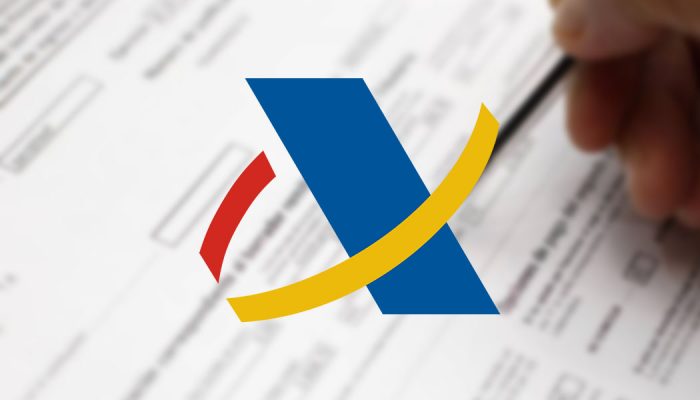Find out what are some common expenses that you can offset against your rental incomes.
Estimate your tax liability for this quarter.
What expenses can I offset from my rental incomes?
Any expense meeting the following criteria:
1) Ordinary and necessary. You can deduct any expense that is necessary to generate income.
2) You must issue a proper invoice as proof of the expense. This invoice must contain all the required information.
(It will not matter to the tax authorities how legitimate an expense is if it is not documented with a proper invoice.)
Some common expenses.
1. Purchase of household goods and products that you may provide with your rental:
soap, cleaning products, toilet tissue etc.
tea, coffee, napkins etc.
contents of a medical kit etc.
2. Maintenance and repairs.
3. Services and Utilities:
water, electricity, cleaning, etc. as long as they are paid for by the owner.
4. Legal fees:
accountant, lawyer
5. Town hall and community fees:
IBI tax, waste collection, street lighting
6. Insurances.
7. Depreciation of long-lasting goods. (see below)
If the total of the expenses exceeds the income, the surplus can be left over for the following years (up to a maximum of 5 years).
How to prorate certain types of expenses
If the property is rented for just part of the year and is used for other purposes for the rest of the year, certain expenses, such as utility bills, can be attributed to the rental period in proportion to the duration of the rental.
For example, IBI or Community fees that are normally paid annually or quarterly must be prorated according to the number of days in which the property was rented.
Each expense that covers a period longer than the time of the rental needs to be multiplied using the calculations as shown in the example below.
The following example shows how to include 2 different expenses: the IBI tax and the cost of a repair.
Example:
| Income during quarter |
1000€ |
| Number of days rented |
15 |
|
Expenses |
|
| IBI (paid annually) |
780€ |
| Repairs (with a valid invoice) |
200€ |
The IBI tax is annual so we will multiply it by the duration of the rental. (15 / 365)
The repairs, in this case, is to fix a problem that occurred during the rental so it can be totally attributed to the rental period.
| Deductible expenses: | |
| IBI tax for this quarter (15 / 365) x 780 |
32,05 € |
| Repairs with invoice |
200,00 € |
Summary
| Incomes |
1000,00 € |
| Total Expenses |
232,05 € |
| Balance: |
767,95 € |
| Your tax liability (19%) |
145,91 € |
You can include as an expense the corresponding depreciation of assets (property, furniture etc.) that you make available in your rental.You will first need to know the value of these assets. To calculate the value of your property you need to choose the greatest of the following values:1. Purchasing price (along with notary fees, registry fees, and taxes)2. Property tax Value (“Catastral” in Spanish)
The annual depreciation* of your property is 3% of its tax value. As in the earlier example, this will have to be adjusted to the number of days within the quarter that the property is rented.
To work out the annual depreciation value of other long-lasting assets check our article:
Standard Depreciation Rates
Next Actions:
*Including property depreciation in your rent expenses will affect your tax liability if you sell your property in the future by reducing the purchasing cost and therefore increasing the profit. In essence, what you save now you will pay at the time of selling, provided that the tax rate for non-residents remains the same.
 Limit Consulting
Limit Consulting
